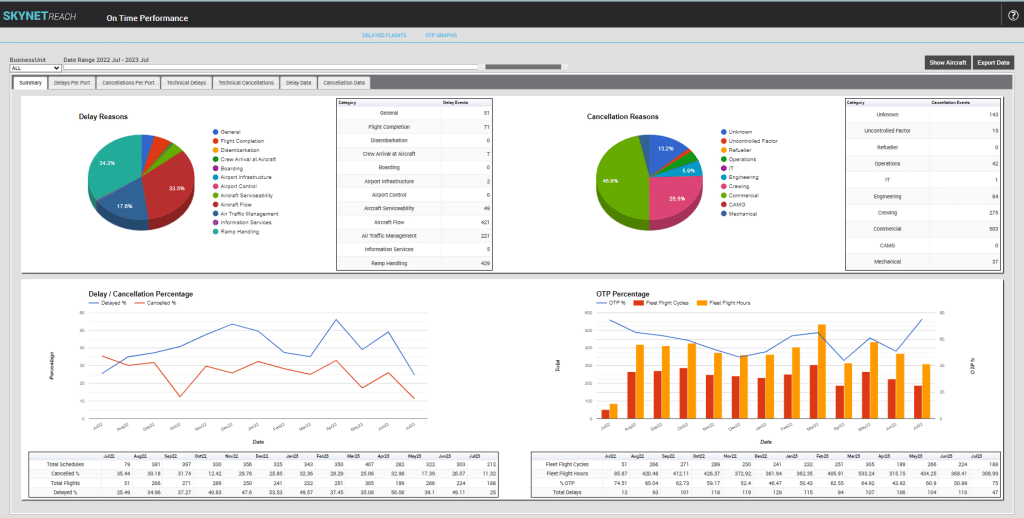Preparing for an aviation audit review by energy companies requires careful planning and adherence to specific guidelines and requirements.
Here are some steps to help you prepare:
1. Familiarize Yourself with Applicable Standards
Understand the audit standards and requirements specific to the energy industry.
Energy companies may have their own aviation audit protocols or requirements, or they may align with established industry standards such as the International Air Transport Association (IATA) Operational Safety Audit (IOSA) or the International Civil Aviation Organization (ICAO) standards.
Review these standards and ensure compliance with the relevant requirements.
2. Review Internal Policies and Procedures
Evaluate your organisation’s internal policies, procedures, and documentation related to aviation operations. Ensure they align with industry best practices and applicable regulatory requirements. Identify any gaps or areas that may need improvement and develop action plans to address them.
3. Conduct a Self-Audit
Perform an internal audit of your aviation operations to identify any non-compliance or areas of concern.
This self-audit should encompass Safety Management Systems (SMS), operational procedures, maintenance practices, crew training, recordkeeping, and emergency response plans. Address any findings and implement corrective actions prior to the official audit.
4. Document Organization and Oversight
Clearly define the organisational structure and lines of authority within your aviation department. Ensure that roles, responsibilities, and reporting lines are well-defined and communicated. Demonstrate strong oversight and governance of aviation operations, including regular safety meetings, safety reporting systems, and risk management processes.
5. Ensure Regulatory Compliance
Verify that your operations comply with relevant aviation regulations, including those from civil aviation authorities.
This includes aircraft airworthiness, maintenance programs, pilot licensing, crew training, and operational procedures. Maintain up-to-date records and documentation to demonstrate compliance.
6. Implement Safety Management Systems
Establish and maintain a robust SMS tailored to your aviation operations.
This should include safety policies, risk assessment processes, safety reporting systems, and continuous monitoring of safety performance. Ensure that safety initiatives, including safety training and safety culture promotion, are well-documented and implemented.
7. Document Training and Competence
Maintain comprehensive records of training and competence for flight crews, maintenance personnel, and other relevant staff. This includes records of initial training, recurrent training, qualifications, and certifications. Ensure training programs align with industry standards and regulatory requirements.
8. Prepare Documentation
Gather and organise all relevant documentation, including operations manuals, maintenance records, safety reports, incident reports, training records, and any other documentation requested by the energy company. Ensure these documents are easily accessible, up-to-date, and well-organized for the audit review.
9. Conduct Mock Audits
Perform mock audits to simulate the actual audit process. This helps identify potential areas of weakness and ensures readiness for the audit review. Consider engaging internal or external auditors who can provide an objective assessment of your aviation operations.
10. Continuous Improvement
Establish a culture of continuous improvement in your aviation operations. Regularly review and update procedures, conduct safety audits and risk assessments, and learn from incidents or near-misses to enhance safety and operational effectiveness.
Remember to communicate and collaborate with the energy company conducting the audit. Understand their specific expectations and requirements, and be prepared to address any questions or concerns they may have. By following these steps and demonstrating a strong commitment to safety and compliance, you can effectively prepare for an aviation audit review.



